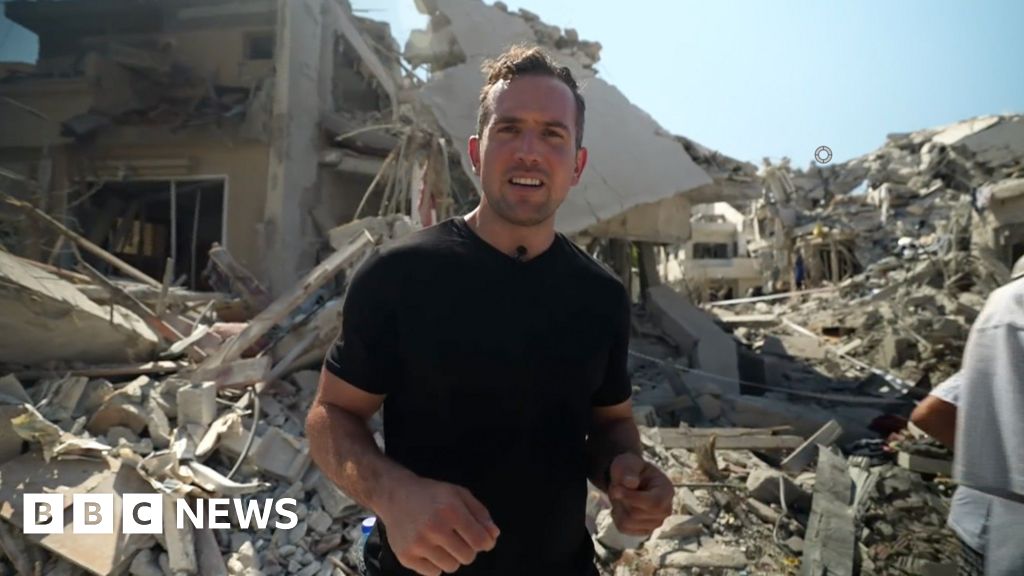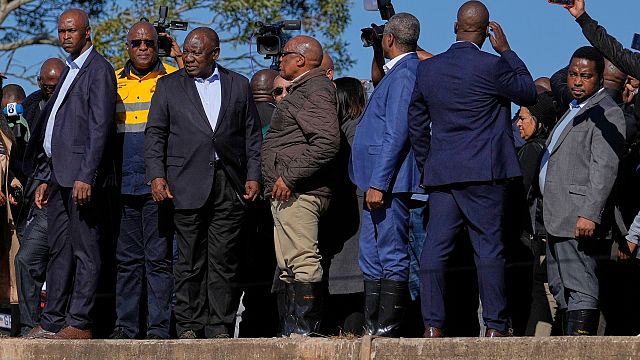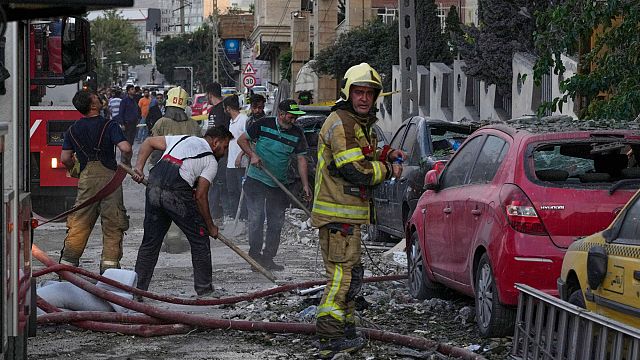Mpox Surges in Sierra Leone


West African nations are struggling to track and treat infections, and experts warn the outbreak is rapidly spreading, while the United States is cutting global vaccination efforts. Sierra Leone is grappling with a nationwide mpox outbreak, as health officials struggle to isolate and treat patients, and infections across the African continent surpass the total seen last year. Health authorities in Sierra Leone, in West Africa, decided in January to treat mpox patients at home so that other vulnerable patients — such as those with malaria or pregnancy complications — wouldn’t preemptively avoid seeking medical attention. But the plan backfired. The virus, which spreads through close contact, moved swiftly through crowded urban areas and infections skyrocketed, spreading to all 16 regions in Sierra Leone, including Freetown, the capital. The government has now set up multiple centers to isolate and treat patients. But the centers are running out of beds and only have a fraction of the vaccines they need. A public health campaign meant to trace and track individuals who may have been exposed was suspended in April after the government ran out of cash. The health ministry’s urgent appeal for vaccines has yielded few results. “It’s a weak health system to start with, now worsened also by the fact that we are in the financial crisis with declining development assistance,” said Dr. Ngashi Ngongo, who oversees the mpox response for the Africa Centres for Disease Control and Prevention. The Africa CDC and the World Health Organization decided last week to keep in place the mpox emergency declaration made for Africa last year. “The global risk and also the risk to other countries is too high,” Dr. Ngongo said. Neighboring countries such as Liberia have also seen a steady rise in infections in recent weeks. When Dr. Austin Demby was appointed Minister of Health in Sierra Leone in 2021, many in the country believed he was being rewarded for his success in the fight against Ebola. The 2014 West Africa Ebola outbreak, which killed more than 11,000 people, was the deadliest the world has ever seen. The United States spent millions to help contain it. Back then, Dr. Demby, who was born in Sierra Leone, was a director at the U.S. President’s Emergency Plan for AIDS Relief, or PEPFAR. He was sent back to Sierra Leone from Washington to carry out a rapid assessment of the outbreak. He sounded the alarm, leading to “a robust,” U.S.-led global response, he said. But as mpox ravages his country, Dr. Demby finds himself appealing for help but unable to mobilize significant U.S. support. “It’s a big contrast,” he said, comparing the international response to Ebola to the current mpox outbreak. “Except for small technical assistance since we declared emergency in January, there was just no help.” The United States once provided nearly half of global health aid. But the Trump administration has gutted that spending and plans to entirely eliminate funding for global vaccine programs. “The U.S. was a very, very strong partner in these spaces, especially in vaccine deployment, vaccine use, especially with the biomedical interventions labs,” Dr. Demby said. “But we’re really missing the presence of the U.S., and it’s hurting.” There are now more than 20,000 mpox infections across 26 countries in Africa, according to data from Africa CDC. Out of 6.4 million doses of mpox vaccines that experts say are needed to contain the crisis, only 500,000 are available. The Democratic Republic of Congo remains the epicenter. More than 21,000 people have died there and health officials believe more than a hundred thousand have been exposed. “The good news is that the situation in DRC is stabilizing,” Dr. Ngongo said at a recent news briefing, adding that the drop in infections was likely a result of a slowdown in the conflict along the border with Rwanda. But experts warn that countries with recent outbreaks are likely dealing with many more infections than official figures suggest. Congo is only able to test one in four people who may be infected. A similar situation exists in Sierra Leone, where almost everyone who comes forward tests positive, yet few who have been exposed are being tested. “There’s a big question about the preparedness in other Western African countries, and how quickly we can basically try and get this virus contained before it becomes a much larger regional issue,” said Jason Kindrachuk, an associate professor at the University of Manitoba who has done research on mpox in Congo and Sierra Leone. More than 4,000 people are infected with the virus in Sierra Leone. With very limited vaccine supply, the government has prioritized frontline health workers and those with serious health conditions. “Some of the patients that come here do not have relatives, nobody to check up on them,” said Mariatu Lansana, a 35-year-old public health worker. “Sometimes I cry while treating them because they’d be crying,” she added. Sitting around her were at least 13 patients at an isolation center tucked behind the police hospital in Freetown. Only three of the patients could fit on the lone wooden bench in the center. The rest sat on the floor scratching the lesions on their bodies caused by the virus. Joseph Johnson contributed reporting from Freetown, Sierra Leone.
What's Your Reaction?
 Like
0
Like
0
 Dislike
0
Dislike
0
 Love
0
Love
0
 Funny
0
Funny
0
 Angry
0
Angry
0
 Sad
0
Sad
0
 Wow
0
Wow
0




































